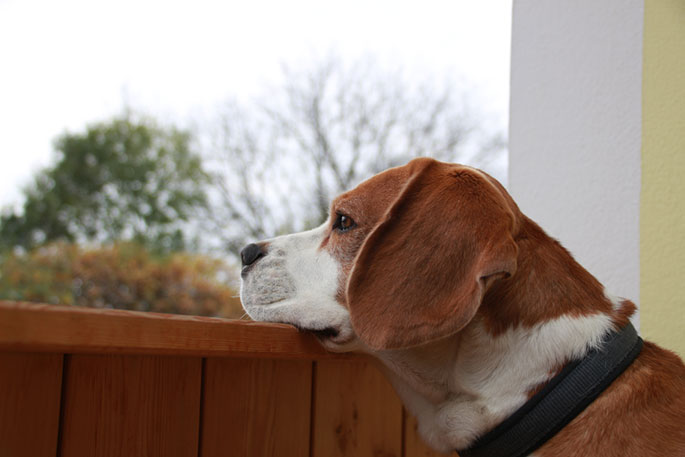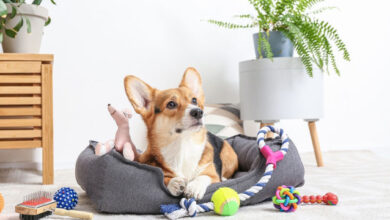
You got promoted to a new job schedule or you got a new job that you have less time for your dog, or had a long vacation and asked your neighbor to take care of the dog. Suddenly you notice your best bud starts pacing walking back and forth when you leave for work, peeing or defecating in places you don’t want him or her to mess, chewing things like your remote control or throw pillow, barking unusually, and even escaping your house. These are signs of dog separation anxiety.
It is stressful to deal with and there’s no magic pill to cure such since it is a behavioral problem like humans experience, dogs also feel the anxiety of separation since your dog got used to you.
Causes Of Dog’s Separation Anxiety
- Change of guardian or family
- Change in location or home
- Change in your routine like a change of work schedule from morning shift to night shift.
Human beings have higher control over their emotions and can manage stress by the way we perceive the matter and how we understand the situation, lowers anxiety levels. But unlike humans, dogs have a different brain and they have less control over physiological processes in their body.
Cortisol or the stress neurochemical in their brain or body causes the dog to pee where they are not allowed to, bark unreasonably, or to pace unusually. But of course, helping your pet adapt to the new environment is the real treatment for your dog which requires love, time, and patience.
Ways To Deal With Their Separation Anxiety
- Never leave your dog alone: If you need to go to work, ask a friend or neighbor to watch and explain to him about the dog’s condition. Leaving your dog alone might bring in stress and cause episodes of separation anxiety.
- Provide your dog with a source of entertainment: Dogs usually act erratically when they do not have anything to do and this could add more to their anxiety. You can provide them with toys or other things they can play with. Playing with your dog when you have free time would also be perfect. When you have work to do or documents to finish, just throwing around some toys he can catch or find is also fine. You can also opt to adopt another dog to accompany your current dog.
- Give your dog exercise: Exercise releases endorphins, and adrenaline that help counter high cortisol in the pet’s body. This will also help your dog maintain a healthy weight to avoid developing health problems. Exercise is important because it could improve your dog’s physical and mental health. If you do not have enough time to exercise with them, hire or ask someone for help, there are a lot of people willing to do the task for you.
- Consult a veterinarian: Tell them the details of the problem and explain the situation so that they can give you some professional advice. Going to veterinarians is a great help because they have specializations that can help them assess your dog’s behavior. They could give you proper diagnosis and remedies that you can do.
- Give them a proper diet: Food plays a great part in your dog’s physical and mental health. It releases endorphins like we humans get on chocolate. Giving them food like beef, lambs, and chicken meat, and even dairy products can release endorphins. If it is your first time taking care of a dog, it is also better to ask the advice of your veterinarian or a friend who is knowledgeable about dogs.
As a pet owner, you can deal with your dog’s anxiety by providing a comforting environment. Train them patiently so they may get used to the day they do not see you. You must also remember that hurting them because of bad behavior is not a proper solution. This will further worsen their anxiety, or worst could lead to more violent behavior. Always seek the help of a veterinarian when you are unsure of how to treat them accordingly.
Make time for them. This would prevent unwanted behaviors that they do. It will make them feel loved, and it would give them a sense of security of never feeling alone.


